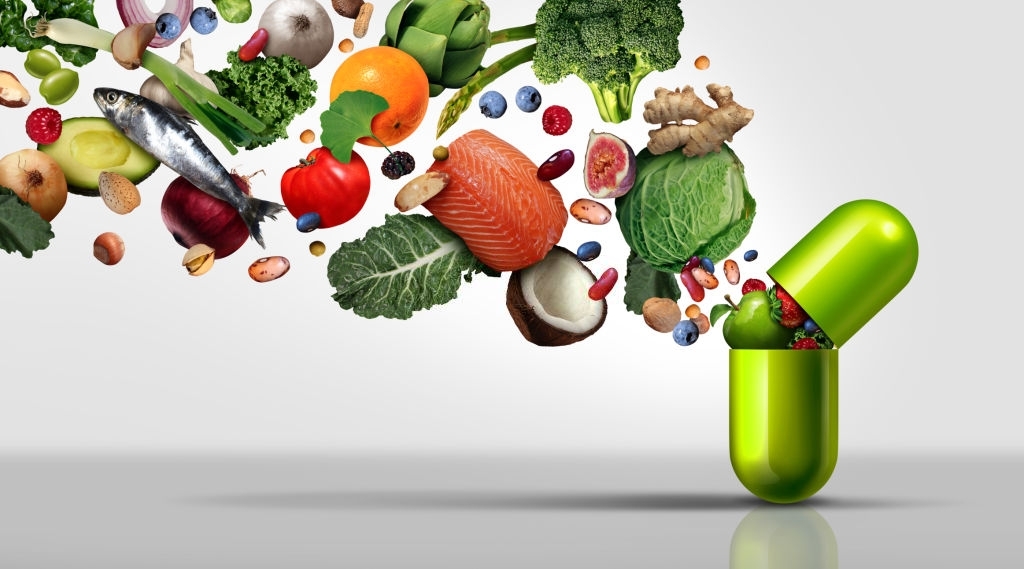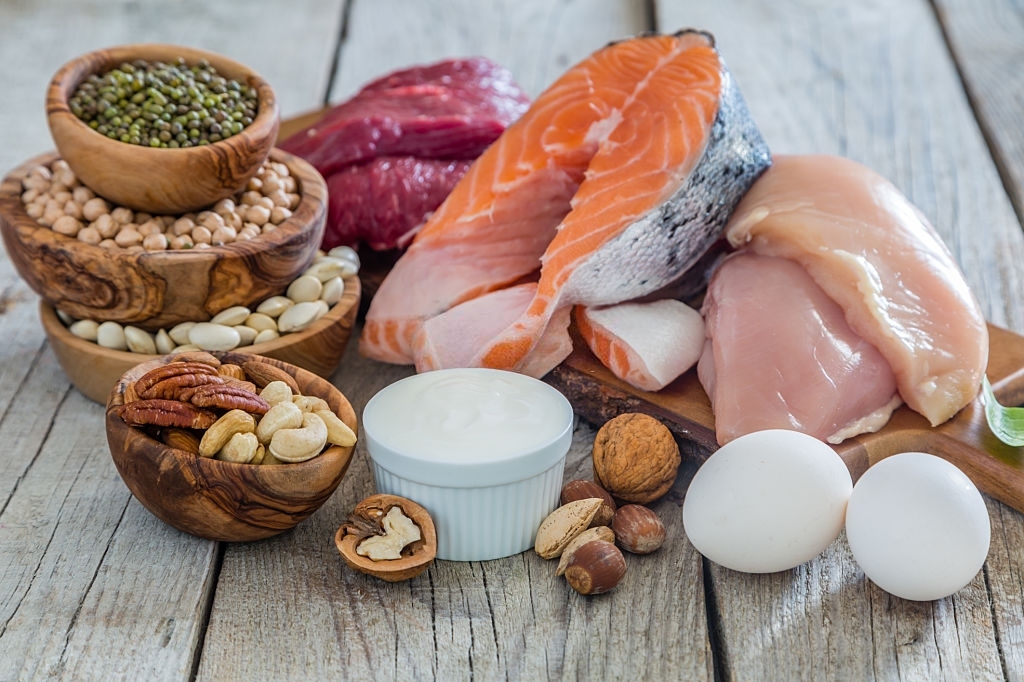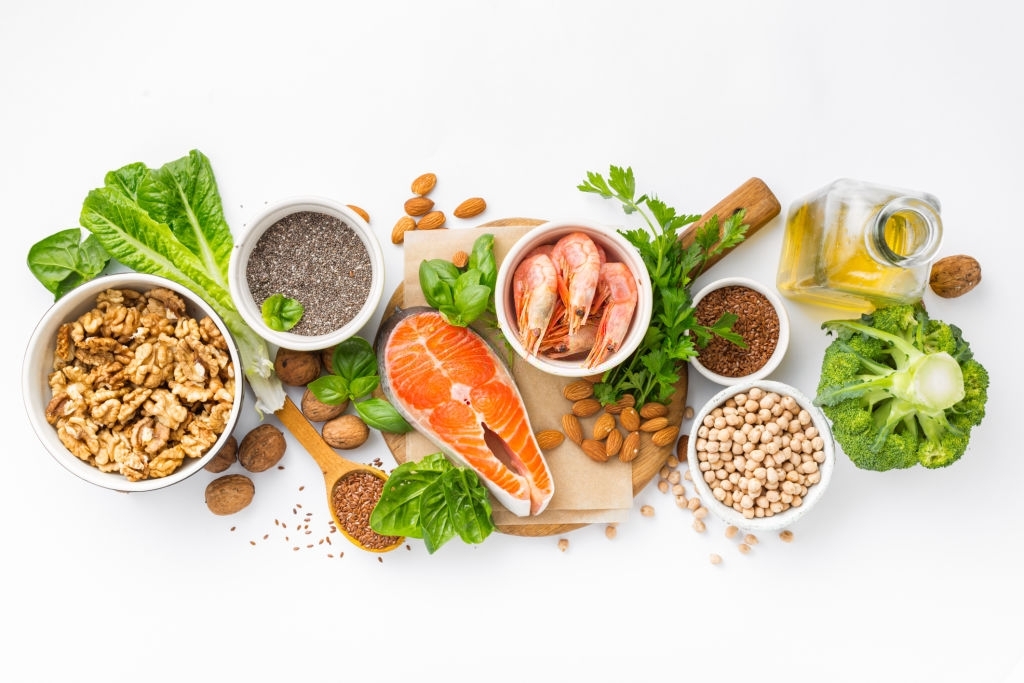The different factors that promote weight gain
It is important to consider that there are certain factors that can promote weight gain. Weight gain, which can lead to obesity, is the result of a prolonged imbalance in the energy balance: daily energy intake exceeding expenditure for a very long time. Complex interactions between biological, behavioral, social and environmental factors are involved in … Read more












